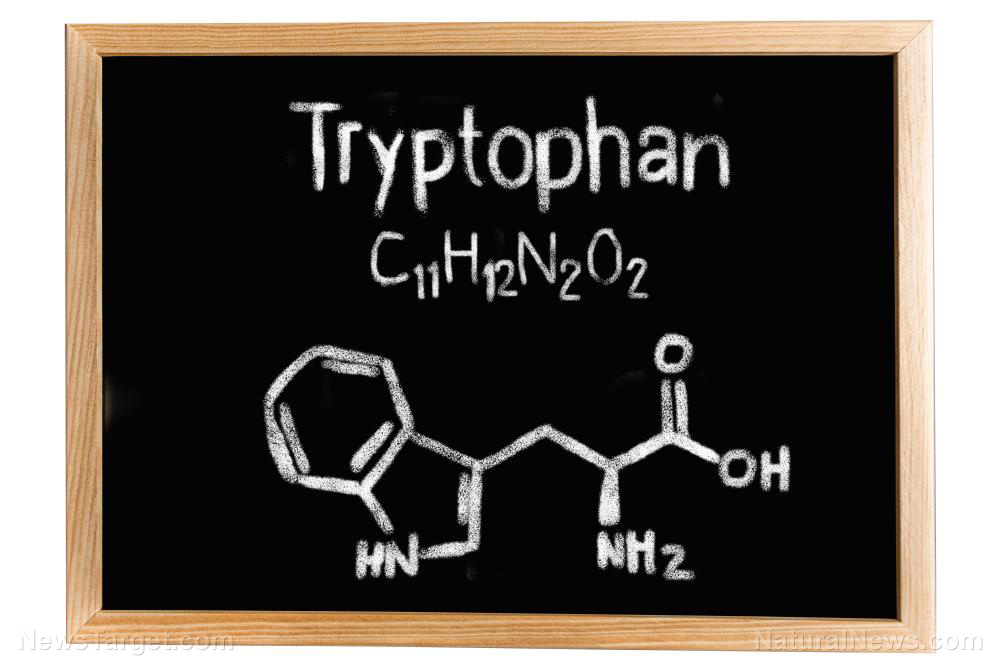Hypovitaminosis D a potential link in bowel symptoms in obese patients
11/22/2019 / By Evangelyn Rodriguez

In this study, researchers from the US investigated the association between hypovitaminosis D and medically complicated obesity with bowel symptoms. Their findings were published in the journal Nutrition Research.
- Hypovitaminosis D is common in people with obesity and Type 2 diabetes. This condition is also associated with depressive symptoms.
- Because antidepressants can improve global symptoms in people with bowel symptoms, the researchers hypothesized that the high prevalence of bowel symptoms in medically complicated obesity is associated with hypovitaminosis D.
- To test their hypothesis, they performed a single-institution, retrospective cohort study in a large, urban community teaching hospital.
- They asked people considering bariatric surgery to complete a Manning symptom questionnaire over the span of two years to quantify bowel symptoms. These same individuals were also tested to determine their serum 25-hydroxy vitamin D levels.
- Among 271 subjects, 229 completed 25-hydroxy vitamin D testing. Sixty-seven individuals (29 percent) had three to six Manning bowel symptoms, suggesting irritable bowel syndrome.
- Eighty-four subjects (37 percent) had Type 2 diabetes, while 180 (79 percent) had vitamin D insufficiency.
- The researchers also found significant negative associations between Manning bowel symptoms and vitamin D concentrations in obese subjects, as well as in obese and diabetic subjects.
Based on these findings, the researchers concluded that the high prevalence of bowel symptoms in people with medically complicated obesity is associated with hypovitaminosis D.
Journal Reference:
Nath A, Shope TR, Brebbia JS, Koch TR. BOWEL SYMPTOMS ARE ASSOCIATED WITH HYPOVITAMINOSIS D IN INDIVIDUALS WITH MEDICALLY COMPLICATED OBESITY. Nutrition Research. March 2019;63:70–75. DOI: 10.1016/j.nutres.2018.12.002
Tagged Under: digestion, digestive health, fightobesity, irritable bowel syndrome, nutrients, obesity, poor nutrition, research, supplements, vitamin D, vitamin D deficiency
RECENT NEWS & ARTICLES
COPYRIGHT © 2017 SUPPLEMENTS REPORT



















